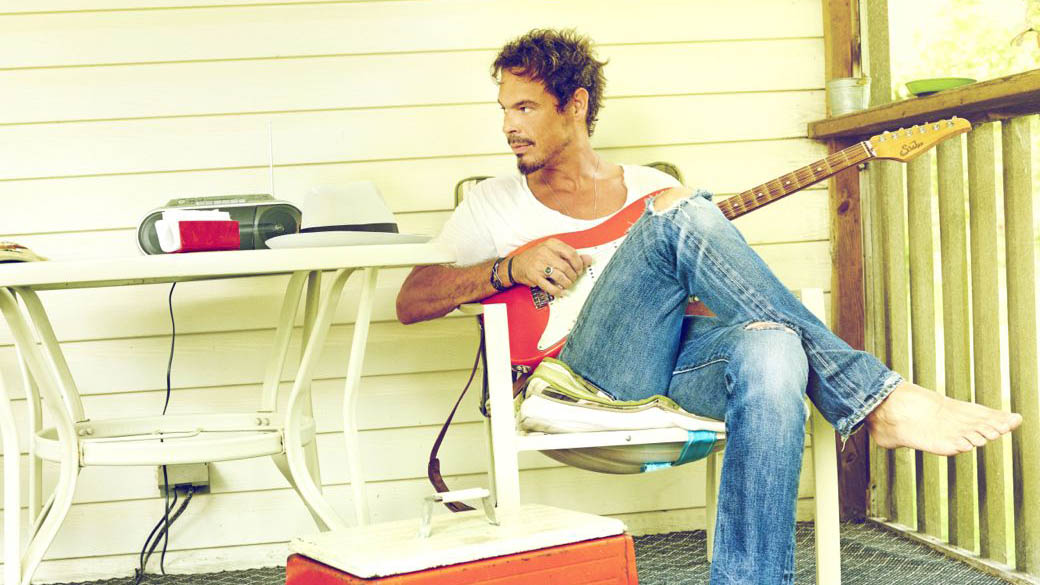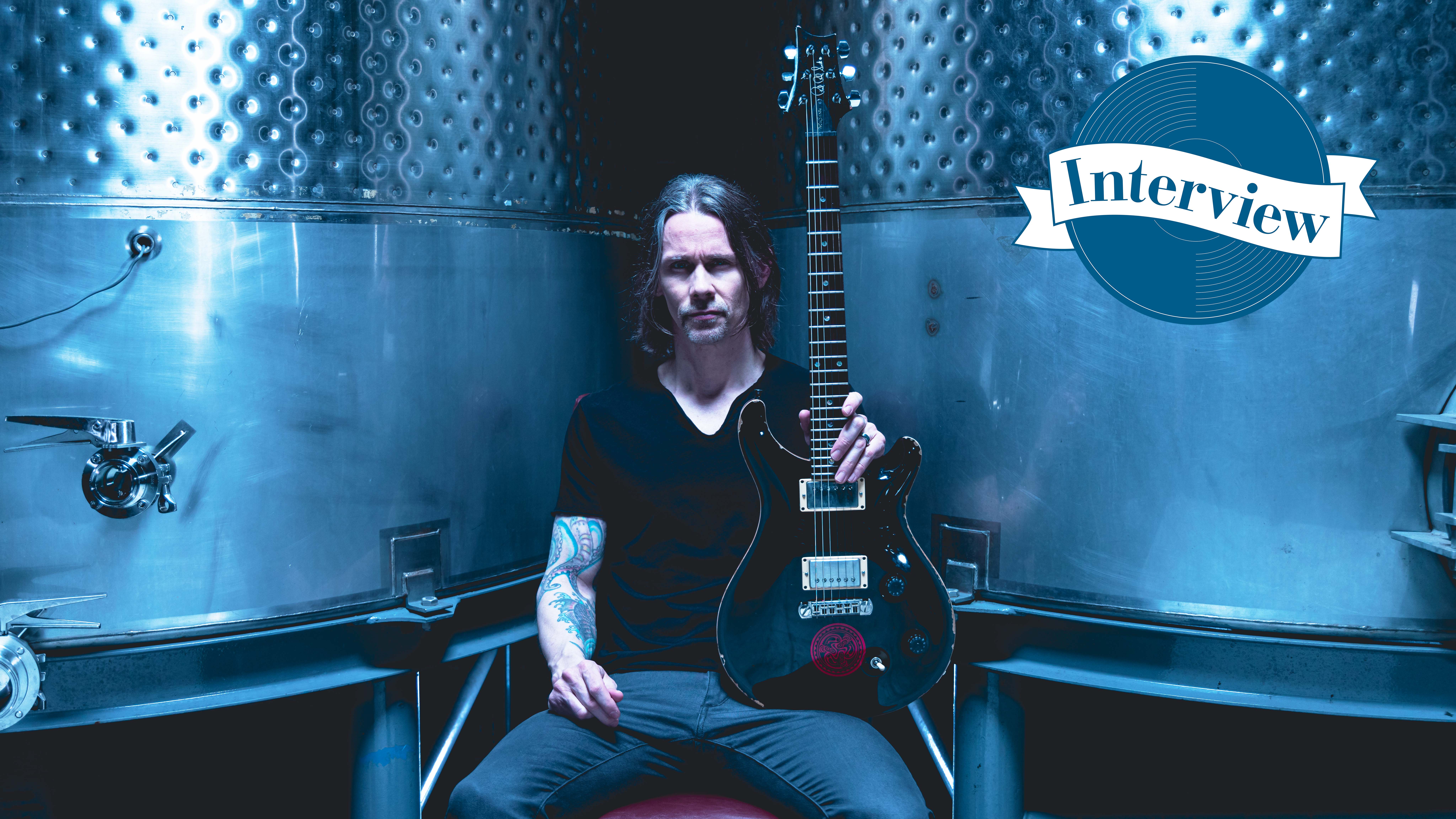
Want all the hottest music and gear news, reviews, deals, features and more, direct to your inbox? Sign up here.
You are now subscribed
Your newsletter sign-up was successful
I'm very pleased to see Rick Beato featuring Big Wreck's Ian Thornley on his YouTube channel. The word 'underrated' is bandied around a lot but the breadth of talent and musical knowledge Thornley possesses as a songwriter, vocalist and guitarist is immense. He's a Canadian rock treasure, but as he reveals to Beato, he really works hard at it and his live warmup sounds borderline punishing.
His vocal prep alone is two hours before each show – an hour less than his friend and Alter Bridge singer/guitarist Myles Kennedy but still significant. Indeed it was meeting Kennedy in the late '90s that seemed to inspire Thornley to step up his warmup game – and start using in-ear monitors.
"Myles was the first guy I ever saw with in-ears," reveals Thornley. "We became fast friends in like '98 and I'd never heard anyone sing like that, I've never heard anyone warm-up their voice. He helped me do a lot of stuff.
"The in-ear thing, and how he was singing – he had a little mixer behind him for himself. He was doing all these weird noises in the van before a show. I'm like, 'What are you doing in there?' He says, 'I'm warming up'. Myles is pretty much top of the pile as far as rock n' roll singers go. right now – you're not gonna get much better than that. And one of my favourite people – and a ripping guitar player."
That's something they have in common, but any notion that Thornley has done the work as a guitar player is, to coin a Big Wreck song, blown wide open when he reveals how in-depth his guitar practice routine is.
"All the time", Thornley says of warm-ups, as he starts playing a repeating alternate part on one string: "The pick is in contact with the string the whole time," he explains. It seems monotonous… tiresome to play even. But it's essential. "It helps things get dialled," he says.
First he'll loosen up with alternate picked lines and strumming but the real work is the focus on timing. And frankly we're surprised how focussed he gets: "I'll get a metronome going and I'll divide it by quarters through triplets. Keeping things really tight.
Want all the hottest music and gear news, reviews, deals, features and more, direct to your inbox? Sign up here.
"On the road it starts with all that stuff, then I'll start working towards specific things depending on what our setlist is," he explains. This is where Thornley is over-preparing on purpose and it seems to make very good sense.
I just want to make sure it's all dialled
"A Million Days is a pretty hustley solo," he says of its difficulty. "I think it's about 130-131bpm, so if I'm doing 6th note triplets at 131 I want to [practice] 16th note triplets at 136 [bpm]. [Then there's] more in the tank and 131 feels like a breeze.
"I just want to make sure everything's covered and then I'll rip certain things that are in certain songs – any of the tougher stuff… I just want to make sure it's all dialled. It's mental as much as it is physical for me."
So that's a structured extensive vocal warmup and a separate guitar warmup before every show. Mostly…
"All that being said, some of my favourite shows have been when we got messed up at the border," adds Thornley. "We had a show in Detroit and we couldn't make it and it was like, 'Oh man' and I'm staring at the record company person who made me cross the border to do a radio thing [in Windsor, Canada]… it was not that long ago.

Big Wreck’s Ian Thornley: the 12 records that changed my life
"I was like, 'We shouldn't do a border crossing before a show, everyone knows that'. Because you never know what's gonna happen – you might get the jelly finger or you might end up in a line-up that's gonna last forever."
But Thornley gave in to the record label's request that he do a radio interview back in Canada before the show in Detroit, USA, but he hit gridlock trying to get back.
"We finally get across the border, and our set wasn't that long – I think we were opening. It went from 45 to 20 minutes [because they were late]. I got out of the car and ran onstage but it was one of my favourites, because there was no time to think, no time to prepare… just get out of the car, run, guitar on… there's something to be said for just being dropped in the middle of a rock n' roll show."

Rob is the Reviews Editor for GuitarWorld.com and MusicRadar guitars, so spends most of his waking hours (and beyond) thinking about and trying the latest gear while making sure our reviews team is giving you thorough and honest tests of it. He's worked for guitar mags and sites as a writer and editor for nearly 20 years but still winces at the thought of restringing anything with a Floyd Rose.



